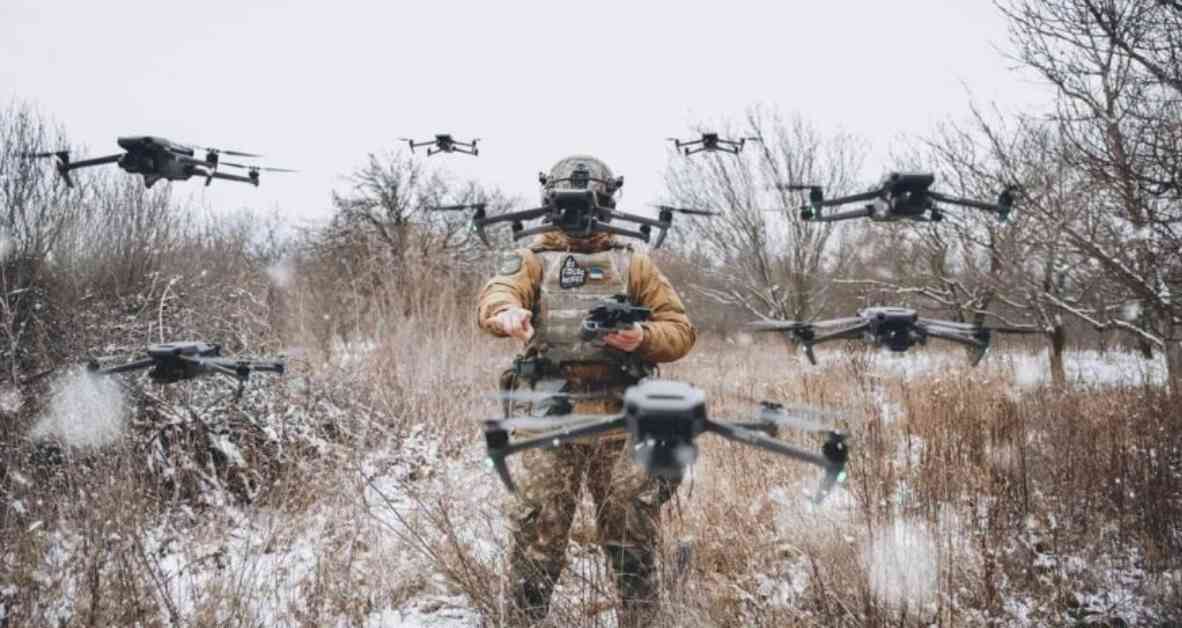British E-Bike Launch Delayed by Military Drone Component Prioritization
In a surprising turn of events, the launch of the new G Line electric bicycle by British e-bike manufacturer Brompton has been significantly delayed. The reason? The prioritization of components for military drones destined for Ukraine, as reported by the Telegraph.
Significant Impact of Drones on Modern Warfare
Since 2022, drones have revolutionized the landscape of modern warfare, particularly in the context of the ongoing Russo-Ukrainian war. These unmanned aerial vehicles play a crucial role in gathering intelligence, enabling both sides to monitor troop movements and identify strategic targets with precision. First-person-view (FPV) drones, in particular, have proven to be highly effective in targeting moving vehicles and enemy troops, surpassing traditional artillery in certain scenarios.
Controller Conflict: The Root Cause of the Delay
The delay in the production of the G Line e-bike stems from a UK-based controller manufacturer reallocating its resources to meet the demands of the Ministry of Defence. This controller, essential for enabling electronic pedaling in the £3,499 e-bike, is also a critical component in drone production. As a result, civilian customers are facing a two-month delay in receiving their e-bikes, according to Brompton’s chief executive, Will Butler-Adams.
Speaking to BBC Radio 4’s Broadcasting House, Butler-Adams shed light on the situation, explaining, “Actually, it was making stuff for drones, and they needed a lot of drones, and therefore we got bumped down the list.”
Expanding Drone Support for Ukraine
Coinciding with this development is a significant increase in drone support for Ukraine. The international Drone Capability Coalition, co-led by the UK and Latvia, has secured contracts worth £45 million to supply 30,000 drones to Ukraine. This initiative was announced by Defence Secretary John Healey at the Ramstein meeting in Germany, highlighting the growing importance of drone technology in military operations.
The Coalition, dedicated to providing Ukraine with uncrewed surveillance and attack capabilities, has garnered approximately £73 million in funding from the UK and its partners, with Britain’s contribution amounting to £15 million thus far. The utilization of drones in military operations has become so crucial that the British Army recently recognized drone racing as an official sport.
In conclusion, the unforeseen delay in the British e-bike launch serves as a stark reminder of the intricate connections between civilian and military technologies in the modern world. The increasing reliance on drones in warfare underscores the need for careful consideration and coordination in the allocation of essential components to ensure a balance between civilian and military needs.

















